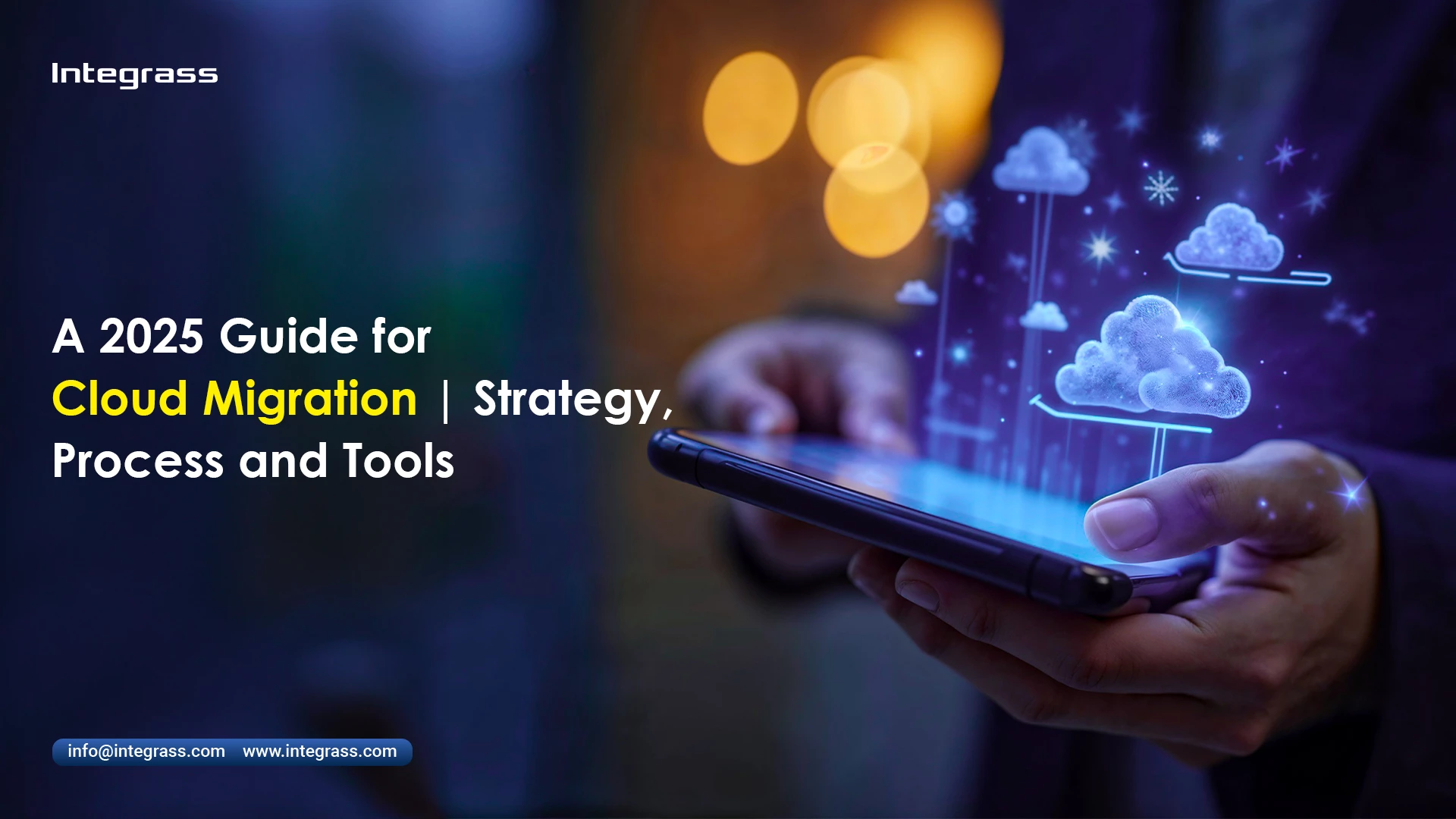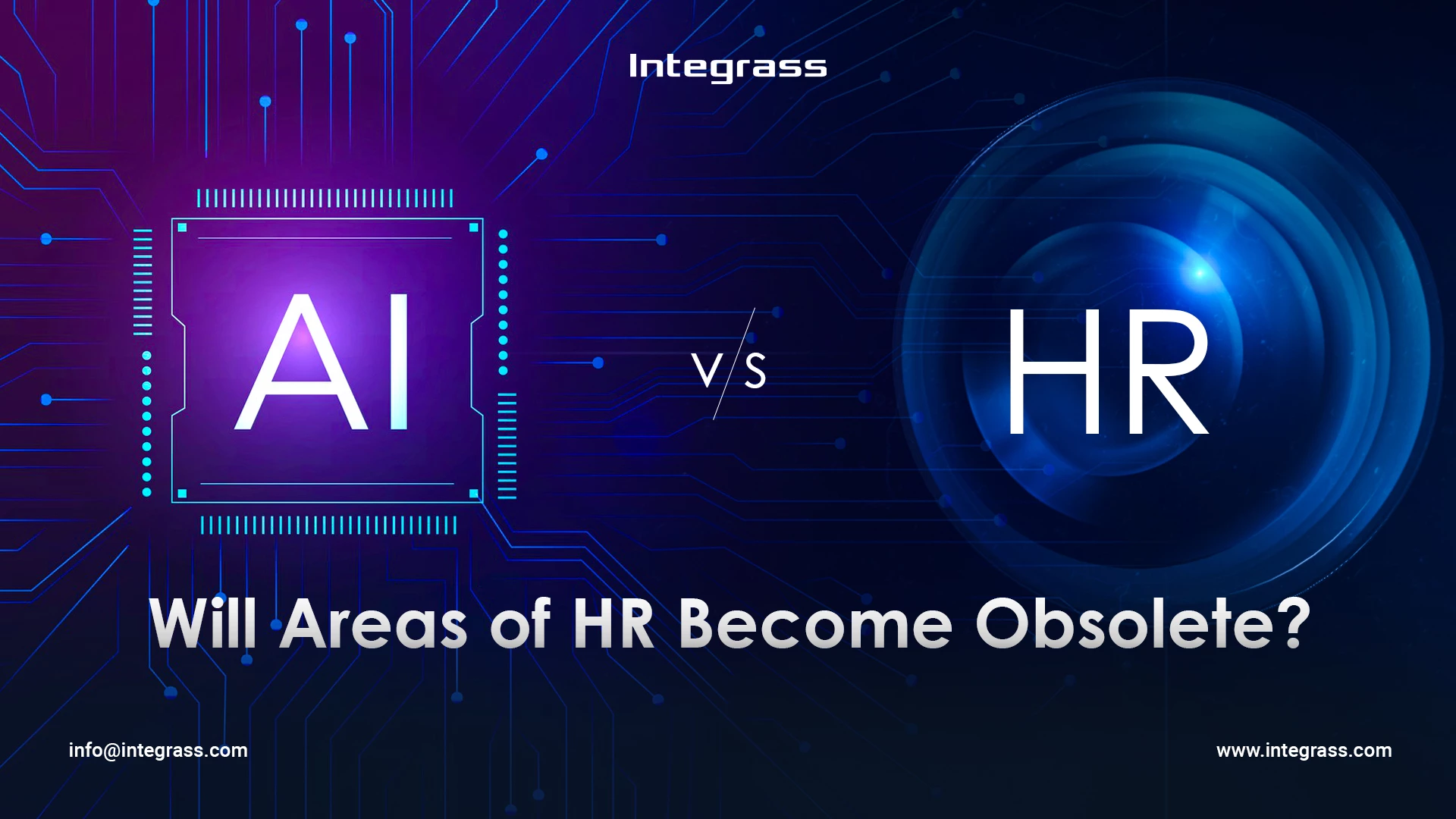In the dynamic landscape of healthcare, where every heartbeat counts and every diagnosis holds significance, the management of medical data stands as a cornerstone of patient care. As the industry navigates the complexities of digital transformation, one technology emerges as a beacon of hope – blockchain. Integrass Tech Solutions, a powerhouse in software development and IT expertise, leads the charge in medical data management through blockchain technology, ensuring unparalleled security, patient data ownership, and cost-effective solutions.
Blockchain Technology in Healthcare:
Blockchain, the decentralized ledger system underpinning cryptocurrencies like Bitcoin, is not merely a buzzword; it’s a transformative force poised to reshape the healthcare landscape. At Integrass, we harness the power of blockchain to create a secure, transparent, and immutable ecosystem for medical data management.
In healthcare, where sensitive patient information is at the core of every interaction, security breaches can have profound consequences. Blockchain technology in healthcare mitigates these risks by encrypting data across a distributed network of computers, ensuring that no single point of failure exists. This decentralized approach not only fortifies data against cyber threats but also enhances transparency and accountability.
Medical Data Security:
Security breaches in healthcare not only jeopardize patient privacy but also erode trust in the healthcare system. Integrass understands the paramount importance of medical data security and employs cutting-edge blockchain solutions to safeguard sensitive information.
By encrypting medical records and transactions on a tamper-proof blockchain ledger, Integrass ensures that patient data remains confidential and immutable. Our robust security protocols, coupled with real-time monitoring and authentication mechanisms, fortify healthcare organizations against cyber-attacks and unauthorized access.
Patient Data Ownership:
In the era of data privacy regulations like GDPR and HIPAA, patient data ownership emerges as a critical issue. Integrass empowers patients by leveraging blockchain technology to grant them greater control and ownership over their medical records.
Through decentralized identity management systems, patients can securely access, manage, and share their health information with healthcare providers, ensuring seamless continuity of care. This paradigm shift from centralized data silos to patient-centric data ownership fosters trust, transparency, and patient engagement in healthcare decision-making processes.
Cost-Effective Data Security in Healthcare:
Traditional approaches to data security in healthcare often come with exorbitant costs and administrative burdens. Integrass disrupts this paradigm by offering cost-effective blockchain solutions that streamline data management and enhance security without breaking the bank.
By eliminating intermediaries and redundant processes, blockchain technology reduces overhead costs associated with data storage, authentication, and compliance. Integrass leverages smart contracts, automated workflows, and interoperable systems to optimize resource allocation and maximize operational efficiency, ultimately delivering unparalleled value to healthcare organizations.
In conclusion, Integrass Tech Solutions is at the forefront of revolutionizing medical data management in healthcare through blockchain technology. By prioritizing security, patient data ownership, and cost-effectiveness, Integrass empowers healthcare organizations to embrace digital innovation with confidence and clarity. Together, let’s unlock the full potential of blockchain in healthcare and pave the way for a healthier, more secure future.




